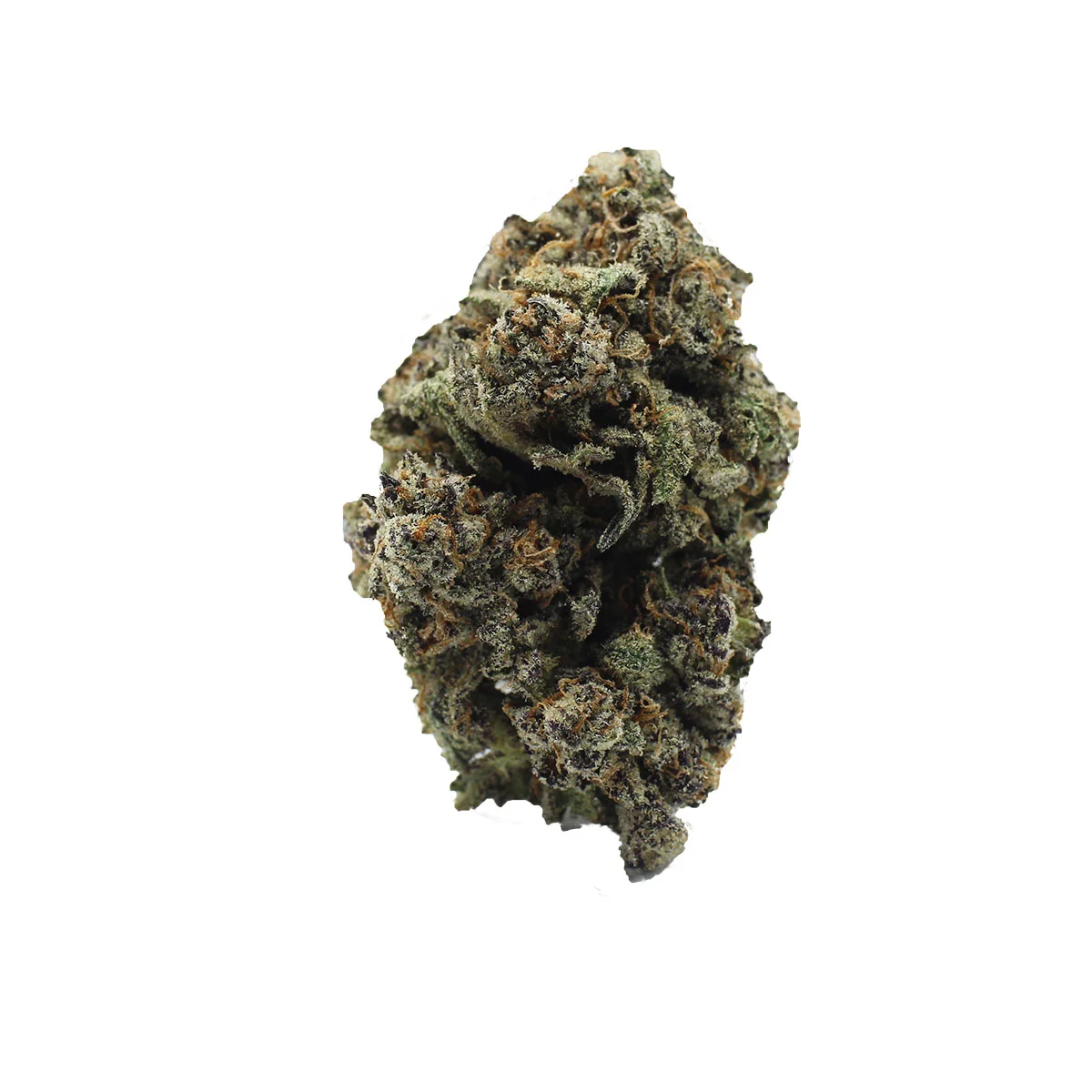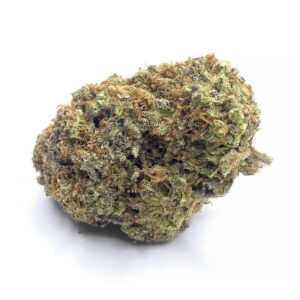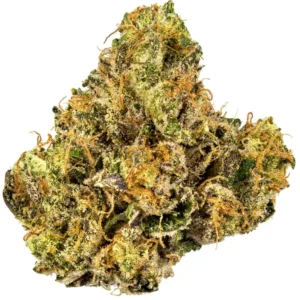The Black Truffle Weed: An Unusual but Fascinating Phenomenon
Truffles are often considered a gourmet delicacy, known for their earthy, aromatic flavor and high market value. However, when people mention truffles, they are generally referring to the edible fungus, Tuber melanosporum, which grows beneath the soil and is found with the help of trained dogs or pigs. But what if we told you that there’s a phenomenon known as “black truffle weed”? While this term may sound unusual or even paradoxical, it refers to a specific weed species that grows in regions associated with truffle cultivation, adding an intriguing dimension to the world of mycology and agriculture.
Understanding the Concept of Black Truffle Weed
The phrase “black truffle weed” doesn’t refer to an actual truffle. Rather, it describes a particular type of weed that is found in areas where black truffles naturally grow. These regions are typically characterized by rich soil, specific climate conditions, and an interplay of other plant species that thrive in harmony with the truffles. In these settings, certain weeds that grow alongside truffles are sometimes associated with the term “black truffle weed.”
While the weeds themselves aren’t related to the truffles in any direct botanical sense, they may share the same habitat, often growing in the soil beneath trees or plants that also support truffle growth. The term “weed” in this context is not a reflection of their harmful nature but instead refers to their presence in the area.
Ecological Role of Weeds in Truffle Cultivation
One important aspect of truffle farming involves maintaining the right ecosystem for the fungi to thrive. The soil’s pH, moisture, and organic matter content all need to be closely monitored. In this environment, weeds can play both positive and negative roles.
Some types of weeds may help maintain soil health by preventing erosion or providing organic matter that benefits truffle growth indirectly. However, the presence of unwanted weeds can also compete with the truffles for nutrients and resources. In areas where black truffles are being cultivated, it’s crucial for farmers to strike a balance—encouraging beneficial plants while managing the growth of potentially invasive weeds.
The Relationship Between Black Truffles and Weeds
The relationship between black truffles and weeds is complex and not entirely understood. Research has shown that certain plants, such as oaks and hazelnut trees, form symbiotic relationships with truffles, where the fungi attach to the roots and exchange nutrients. The same principles may apply to weeds in these environments, suggesting that some species may coexist with truffles without disrupting their growth.
However, weeds that grow in abundance can have an adverse effect, especially if they dominate the ecosystem and outcompete the delicate truffle fungi. Farmers must carefully monitor the types of plants growing in truffle orchards and weed them out as necessary.
Managing Black Truffle Weed in Truffle Orchards
Successful truffle farming requires careful monitoring and management of the soil and plant life in the orchard. Farmers often engage in various weed control methods to maintain optimal conditions for truffle growth. These may include manual weeding, mulching, or the use of specific herbicides that target invasive plant species without harming the truffles themselves.
In addition to the practical aspects of weed management, research into the types of weeds that coexist with black truffles is ongoing. Studies are looking into whether certain weeds may be beneficial by aiding in the truffle’s natural habitat creation or if they tend to hinder its growth. Understanding this dynamic is key to improving truffle cultivation techniques worldwide.
Conclusion: The Fascinating Intersection of Weeds and Truffles
The term “black truffle weed” encapsulates a fascinating intersection between agriculture, ecology, and mycology. Although the weeds associated with truffle cultivation do not directly affect the truffles themselves in a way one might think, they do play a role in shaping the environment in which truffles grow. By understanding the interplay between these weeds and truffles, farmers and researchers can continue to refine the delicate balance that makes truffle cultivation both an art and a science.





Reviews
There are no reviews yet.